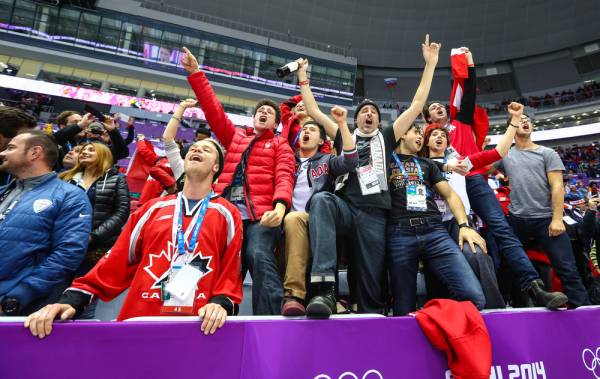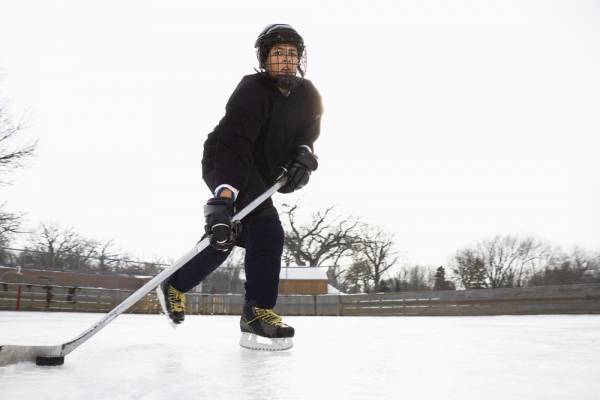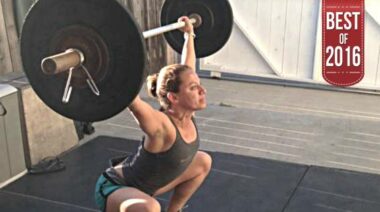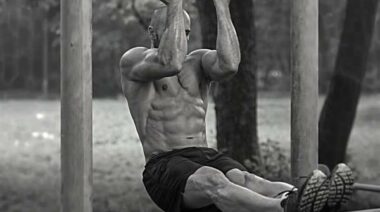What if I told you that overuse injuries could be thought more of as injuries of neglect? You’ve decided to neglect training certain muscle groups or maybe you neglect key recovery strategies. You neglect to care for your body properly.
Think about it: by definition, neglect refers to failing to care for something properly. And if you have an overuse injury, you’ve most certainly not cared for your body properly. Of course, this doesn’t mean you intended for the injury to happen. But nonetheless, it did.
Now, think about our youth athletes for a second. Think of the shear number of injuries that they are experiencing. Overuse injuries. Injuries of neglect.
Our Responsibility to Our Children
I say this not to offend, but to make you truly understand the impact we have on our young athletes as parents, coaches, organizations and professionals. I am telling you this so that you know that the large majority of youth athlete injuries are entirely preventable.
But, due to our neglect, we are failing these athletes. They are getting injured. And these injuries are staying with them right into college, university, and beyond. This affects not only their athletic potential and their athletic careers, but also their life in general.
Hockey and the Youth Athlete
Now, I’m going to talk about hockey for a minute. I live in Canada where we really do live and breathe hockey. In fact, one of my favorite photographs was taken during the Canada versus United States game in Sochi in 2014. The picture? A snapshot from a traffic camera of one of our busiest highways, which at that moment didn’t have a single car on it. Even more, every business and establishment that I know had the game live streaming that day so no one had to miss out. How could we? They were playing our game!

In my practice, pretty much every client I have has a connection to hockey in some way, shape, or form. Parents spend a fortune on their kids for hockey leagues, camps, tournaments, the best gear, and so on and so forth. But maybe that is a problem. Are we pushing our young athletes too hard without realizing it?
The truth is, we really are. We are neglecting them by not properly caring for their bodies, especially during times of high frequency, high intensity sport training.
Youth athletes who specialize in one sport, in this case hockey, usually play it year round in order to gain better skills and the competitive edge to keep them at the top of their game. They aspire for greatness, hoping to one day make it to the National Hockey League.
But this is where our neglect comes in – and we let this happen. We let it happen by not making these young athletes take the proper recovery measures and not addressing their high risk of injuries due to factors including improper technique, ill fitting equipment, training errors, coach or parental pressure, failure to recognize injuries early, or inherent muscle imbalances.
All of these things, topped with the high repetition involved in their sport and little-to-no strength training, are a devastating combination for our young athletes. Poor movement and improper technique lead to muscle imbalances, as the body has to compensate for additional pressure and torque placed on tendons, growth plates, bones, and joints. With further training, these muscle imbalances become more pronounced and overuse injuries start to occur.
Youth Athletes Absolutely Must Strength Train
Youth athletes are not simply mini adults. They lack strength, mobility, and coordination, and they also usually have inherent muscle imbalances.Therefore, we need to physically prepare our athletes for their sport.
These athletes need to work with specialists in strength and conditioning and prehabilitation in order to ensure they have adequate strength, endurance, balance, coordination, and mobility to perform the highly repetitive action of their sport. If you fail to do this, I can guarantee that your young athlete will be plagued with an injury, and sooner rather than later.
In fact, it is these very athletes that I treat at the university and college level. They come to me awaiting surgery to repair the damage that could have been easily prevented with a proper strength program during their youth. Don’t let it get to this point.

Ensure Adequate Recovery
Recovery is absolutely crucial for our youth athletes. And I don’t necessarily mean sitting on a foam roller or stretching, though that is part of it.
No, when I speak of recovery, I am referring to adequate nutrition, sleep, hydration, and time off from sport, as well as active recovery techniques including mobility and soft tissue work. If one of these factors isn’t in check, then you are putting your young athlete at a much greater risk of overtraining.
Mix It Up
Encouraging your youth athletes to play different sports throughout the year will prevent the sport-specific repetitive stress and overuse injuries they will experience from year-round, single-sport participation. Youth don’t need to be playing hockey (or football, or lacrosse, or x, y, or z) year round. They need time off from their sport so they can recover. Otherwise, they end up starting every new season tired or injured.
Even if young athletes aren’t injured, there is a good chance that without some time off they will start to plateau in terms of skills development. Going from in-season training to off-season camps back to back with no rest is not going to help your athlete in the long run. You have to look bigger picture.
Signs Your Athlete Is Over-Trained or Under-Recovered
As parents, coaches, and trainers, we need to pay attention and be sensitive to any changes in our youth athletes in terms of performance and attitude that might indicate they are being pushed too hard. The following is a list of signs to look for in your youth athletes:
- They used to be excited about their sport/training.
- Their performance stresses them out. A poor practice, or game will often ruin their day.
- They seem to always be sore or have lingering injuries/pains.
- Their sleep pattern has changed or become irregular.
- Even if they do sleep, they don’t feel rested.
- They crave more sugar and carbs then they used to.
- They’re getting sick a lot or sickness lingers.
- They’ve hit a performance plateau or performance has started to decline.
And though I specifically referenced hockey here, know that the same holds true for all sports. Remember, youth are not mini adults. They shouldn’t be treated as such. We need to pay close attention that we are not neglecting to care for them through overtraining or under-recovering. More is not always better, especially when it comes to youth sport.
References:
1. Brandon Marcello, “Recovery and Regeneration,” Perform Better Functional Training Summit. Perform Better. Providence, Rhode Island, US. June 14, 2014.
Photos courtesy of Shutterstock.






